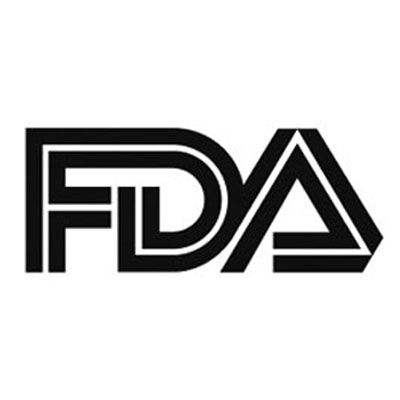FDA Recommends Clinical Trials Include Premenopausal Women With Breast Cancer
The FDA issued a draft guidance that encourages the inclusion of premenopausal women with breast cancer in clinical trials, which will in order tohelp researchers determine the efficacy of a hormonal drug or biological products for this population along with others.

The FDA has issued a draft guidance that encourages the inclusion of premenopausal women with breast cancer in clinical trials, which will in order to help researchers determine the efficacy of a hormonal drug or biological products for this population along with others, according to a press release from the FDA.
Once the guidance is complete, it will provide recommendations to sponsors of clinical trials for generating additional data that could support the efficacy and safety of drugs or biological products for the treatment of premenopausal women with breast cancer.
“Historically, premenopausal women have been excluded from clinical trials that investigated the efficacy of hormonal drugs for the treatment of hormone- positive breast cancer, largely due to concerns about potential differences in how these hormonal drug and biological products would behave in premenopausal versus postmenopausal women,” said Richard Pazdur, MD, director of the FDA’s Oncology Center of Excellence and acting director of the Office of Oncologic Diseases in the FDA’s Center for Drug Evaluation and Research, in a statement.
The exclusion of this population of women in clinical trials delay the availability of these therapies for the treatment of premenopausal women. Given the sufficient estrogen suppression, hormonal drugs, and biological products are likely to have similar efficacy and safety findings in both premenopausal and postmenopausal women in studies, which supports the need for including premenopausal women to clinical trials.
The guidance recommends that menopausal status not be the basis for exclusion from any breast cancer clinical trial. The FDA also shares further forward recommendations for help move clinical research in breast cancer away from the historical practices that led to the exclusion of this patient population.
According to the guidance, the menopausal status of women with breast cancer should not be used for the basis of exclusion criteria in clinical trials. Premenopausal women with adequate estrogen suppression, as well as postmenopausal women, should be equally eligible to enroll in clinical trials for drugs or potential combination regimens that manipulate the hormonal axis. Patients can be stratified for randomization based on the menopausal status at study entry if there are efficacy or safety concerns with the drug.
All evidence, including published literature and existing nonclinical data, should be assessed and provided to the FDA to determine if reproductive toxicity studies are necessary for an indication to include premenopausal women with breast cancer. Data on long-term clinical effects of treatment in premenopausal women should be collected during clinical trials, and a gynecologist should be consulted during the initial trial planning and monitoring as needed.
The FDA believes that hormonal drugs are likely to have the same efficacy and safety in both premenopausal and postmenopausal women. The inclusion of premenopausal patients based on these recommendations should result in more complete clinical information to help inform clinical decision making for physicians and more safe and effective therapies for patients.
“Once finalized, we hope that the recommendations in the draft guidance will encourage expanded drug development for the treatment of breast cancer in premenopausal women," Pazdur stated.
Reference
FDA in brief: FDA encourages inclusion of premenopausal women in breast cancer clinical trials. News Release. FDA. October 7, 2020. Accessed October 8, 2020. https://bit.ly/2GtsIc3